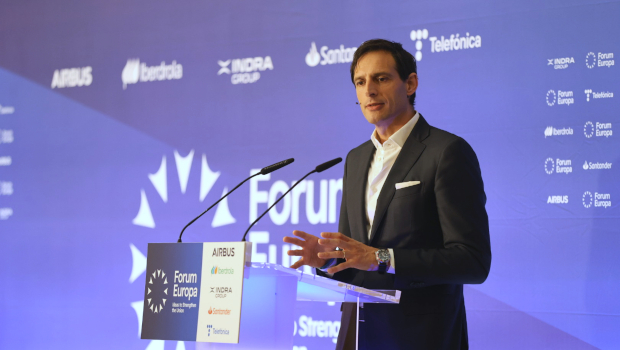Climate, Net Zero Emissions and Clean Growth commissioner, Wopke Hoekstra, said Tuesday at the Fórum Europa in Brussels that the impact of Artificial Intelligence (AI) on society is "10 times greater" than that of the Industrial Revolution, as it is one of the main global challenges for the next 10 to 20 years, along with geopolitics and climate change.
Hoekstra commented at the aforementioned information forum, organized by Nueva Economía Fórum in the EU capital, that the EU also faces two other "additional problems": migration and the economy. He indicated that AI represents "both an opportunity and a challenge" with an impact greater than that of the Industrial Revolution that "will make life easier in many jobs”.
However, he added that it will be accompanied by "great risks for humanity" that must be "managed in a world where trust is scarce”, and this will add "more uncertainty" because "the labor market is going to change”.
He also noted that geopolitics is another global "problem" due to the conflicts in the Middle East and China's "assertiveness" in the face of the established economic order. "This week, with the plans for the NATO summit, it becomes clear that security is much broader and will remain a central issue for many years to come”, he added.
And the third concerns climate change. “Make no mistake, don't be seduced by the idea that we can forget about this problem for a while. It will continue to be with us, and unfortunately, it will get worse before it gets better”, he commented, before adding that “some regions will experience even more droughts, more heat waves, and even greater adverse effects”.
“What is the cost of climate change? The cost is measured in billions of euros, enormous damage to human life, enormous damage to our ecosystem, and unfortunately, we will see more of these events in the future. And the cost will also clearly increase for our businesses”, he added.
On the other hand, Hoekstra emphasized that the EU faces two "additional problems”, including migration and the "insufficient integration" of people leaving their countries to come to the EU. "For many people, it is the responsibility of politicians in Europe, but also at the national level, to be much more effective in addressing this problem”, he commented.And the other concerns the EU's economy. "There is still work to be done because, frankly speaking, our productivity and economic indicators could actually be much better”, he said.
In this regard, Hoekstra indicated that the EU is "clearly behind" the United States in two areas, which he considered "deeply problematic”. One is the field of technology and innovation, where "the economic growth of tomorrow" lies, and the other concerns the United States having "a true single market and a capital markets union”.












